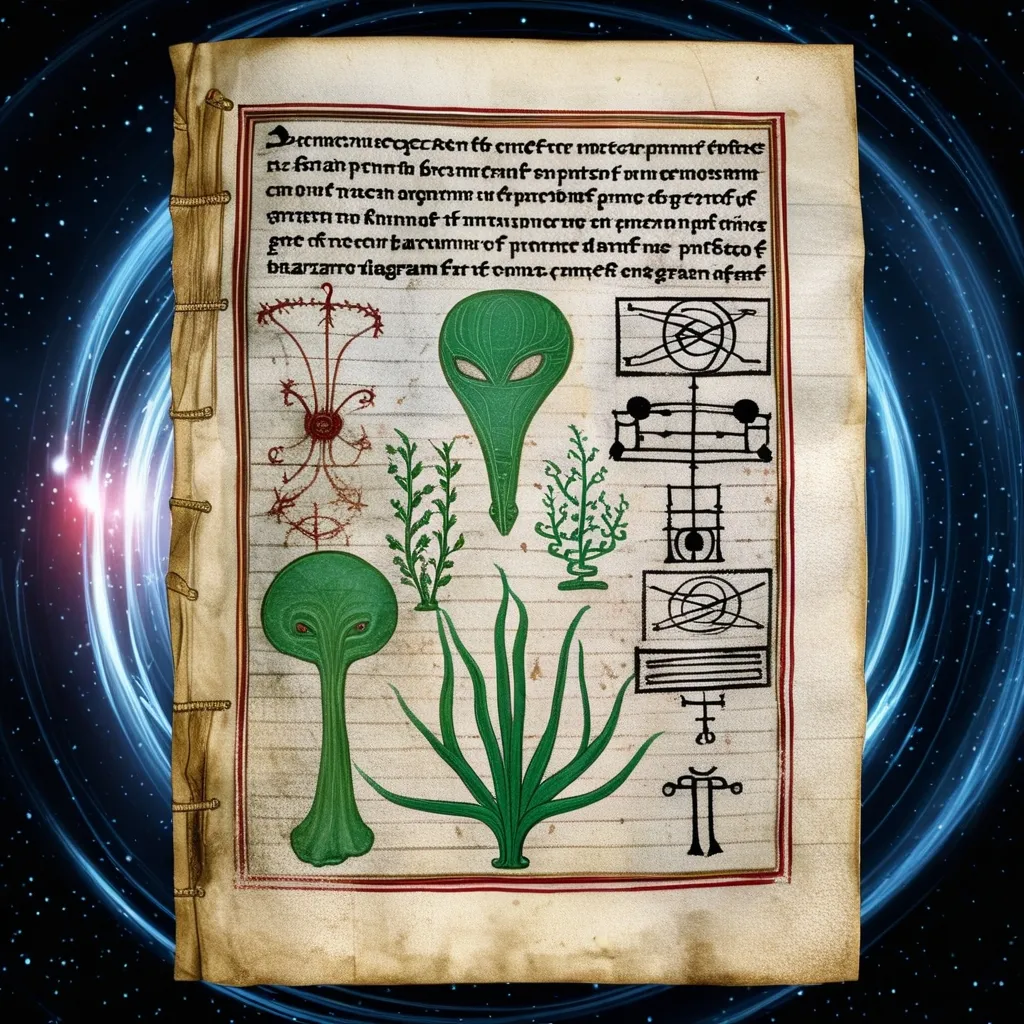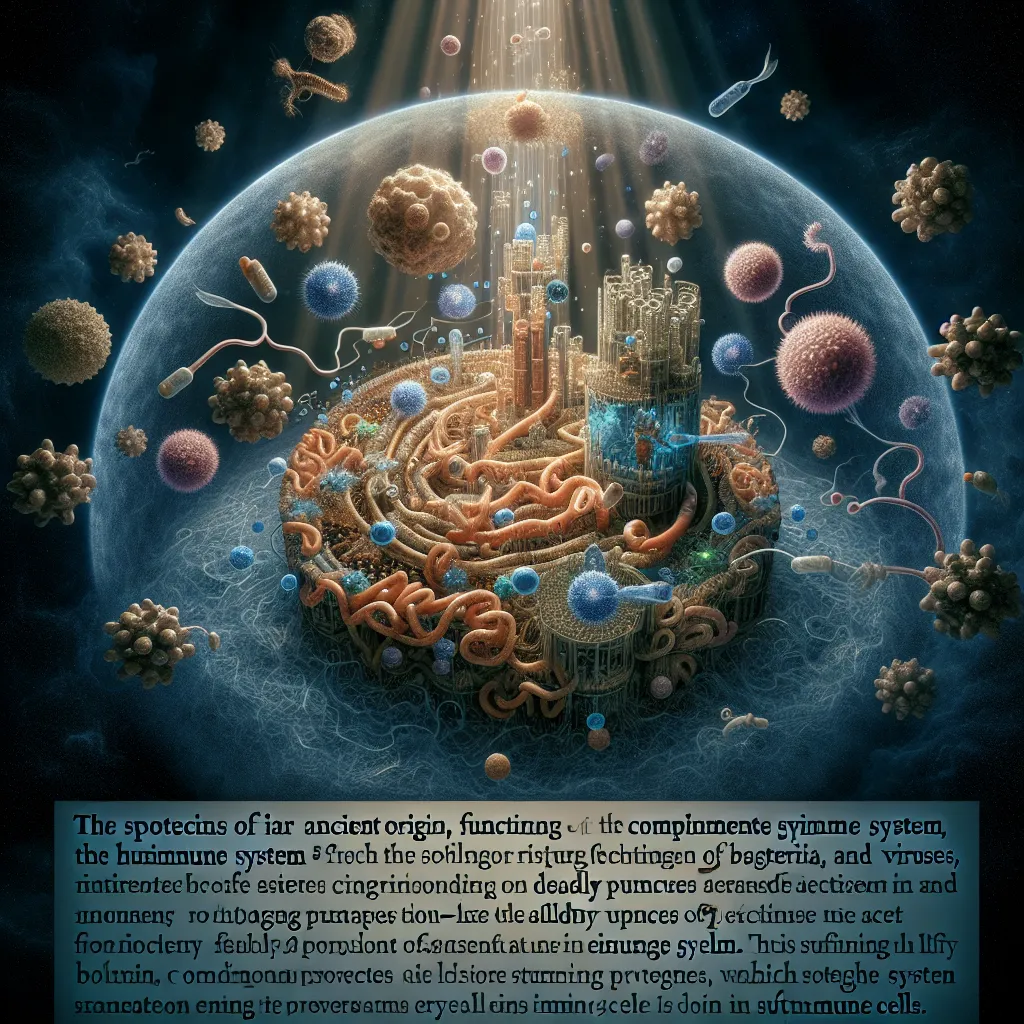Ah, the allure of the Philosopher’s Stone—a magical concept that’s been tickling the imagination of people for centuries. Imagine having eternal life and limitless wealth. Sounds like a dream, right? It’s all tied to a legend that runs deep, blending alchemy, mythology, and ancient wisdom. The journey is long and takes you through some pretty amazing historical landmarks. We’re talking about secret societies, ancient gods, epic floods, and, yes, even a touch of mad science involving pee. Let’s dive in, shall we?
The pursuit of the Philosopher’s Stone—often considered the pinnacle of alchemy—is steeped in mystery and history. This mythical stone is said to turn base metals into gold and brew up the elixir of life, offering youth and immortality. The roots of this tantalizing quest date back to an ancient and mystical item known as the Emerald Tablet. This artifact is reputed to house secrets of the universe, including how to craft the Philosopher’s Stone and attain immortality.
Now, let’s wind the clock back. Before it landed in European hands thanks to medieval alchemists, the Philosopher’s Stone lore was a treasure passed down from the enigmatic Egyptians. They supposedly got it from a civilization even more ancient and advanced—Atlantis. The tales from this lost civilization found their way into Arab translations before sweeping across medieval Europe.
The Philosopher’s Stone wasn’t just a wild hallucination. Some serious thinkers rooted their life’s work in it—Isaac Newton, for instance. His mind wasn’t just glued to physics and mathematics; he spent a significant chunk of his life trying to unravel the secrets of alchemy through this mythical stone. People like Newton, and others, ventured almost manically into the abyss of alchemy, driven by the potential it promised.
Among the intriguing beliefs about the Philosopher’s Stone is that it wasn’t just for the rich-to-wealthy aspirations of transforming metals to gold. It was also dubbed the Elixir of Life. Legend has many speculating that Nicholas Flamel—yep, from the Harry Potter series—managed to create it and sneak into eternity with his wife. But whether that’s just fiction borrowing myth or a myth turned into fiction is part of the fun, isn’t it?
So, what pulls us into the allure of eternal life? A notion that humans have flirted with since realizing our temporal existence. From searching the Fountain of Youth to modern fantasies like mind uploading, the quest has never really died. It’s evolved and even dabbled in tech, but the heart remains the same: cheat death.
Getting back to our story’s anchor, the Emerald Tablet is ground zero for these mystic secrets. It’s not a mere legend; it’s a piece of text dating back over a thousand years. The Emerald Tablet made quite a stir, influencing scientific minds, occultists, and secret societies across generations. These societies envisioned it as a guide to unlocking the mysteries of life and creation, standing as a testament to the pursuit of knowledge beyond what was tangible.
The text itself was written by what some call Hermes Trismegistus—a blend of the Egyptian god Thoth and the Greek god Hermes. Way back when, Thoth wasn’t just any god. He was the Egyptian deity of magic, wisdom, and the moon. If tales are to be trusted, Thoth hailed from Atlantis, carrying the essence of its wisdom tucked away in the Emerald Tablet.
However, the pursuit gets a fresh spin in our modern tale with the Book of Aquarius. Surfacing on the internet in 2011, this text claimed to decode the Philosopher’s Stone procedure, presenting the coveted secret in an open-source fashion, if you will.
Here’s the wild part: The key ingredient listed wasn’t some abstract, ethereal essence. Nope, it was something everyone had access to—urine. Yep, you heard it right. According to the book, urine, when properly distilled and processed over a unique, prolonged method, could conjure the Philosopher’s Stone.
Despite its bizarre main ingredient, the book attracted followers who earnestly embarked on attempts to create the stone, following specific, methodical steps laid out. The process seemed simple on paper but could take years in practice—testing one’s patience and sanity. It was diligently carried out by a dedicated online community, sharing updates and progress, and bringing myth into an exploratory reality, at least for a moment.
Yet, the Book of Aquarius eventually faded into a haze of internet whispers, its website suddenly going dark. Conspiracy theories naturally sprang up—suggesting everything from shadowy elites snuffing it out to hoax theories gaining ground. The actual fate is as shadowy as the legends it connects to.
Even if shrouded in mystery, the journey through the Philosopher’s Stone story is fascinating. It’s about more than just magic and alchemy; it’s a narrative woven through mythical lands, historical epochs, and deeply human desires. Whether one chooses to take it at face value or sees it as allegorical, it provokes thought and curiosity—a testament to our age-old urge to explore the uncharted realms of mortality and the universe.
If you’ve got the curiosity and a high tolerance for weird science adventures, the Book of Aquarius is still floating somewhere in the digital abyss, inviting any hopeful seeker to dare the quest. Otherwise, maybe curl up with a good fantasy novel instead and let your mind wander through this timeless saga of the Philosopher’s Stone.






